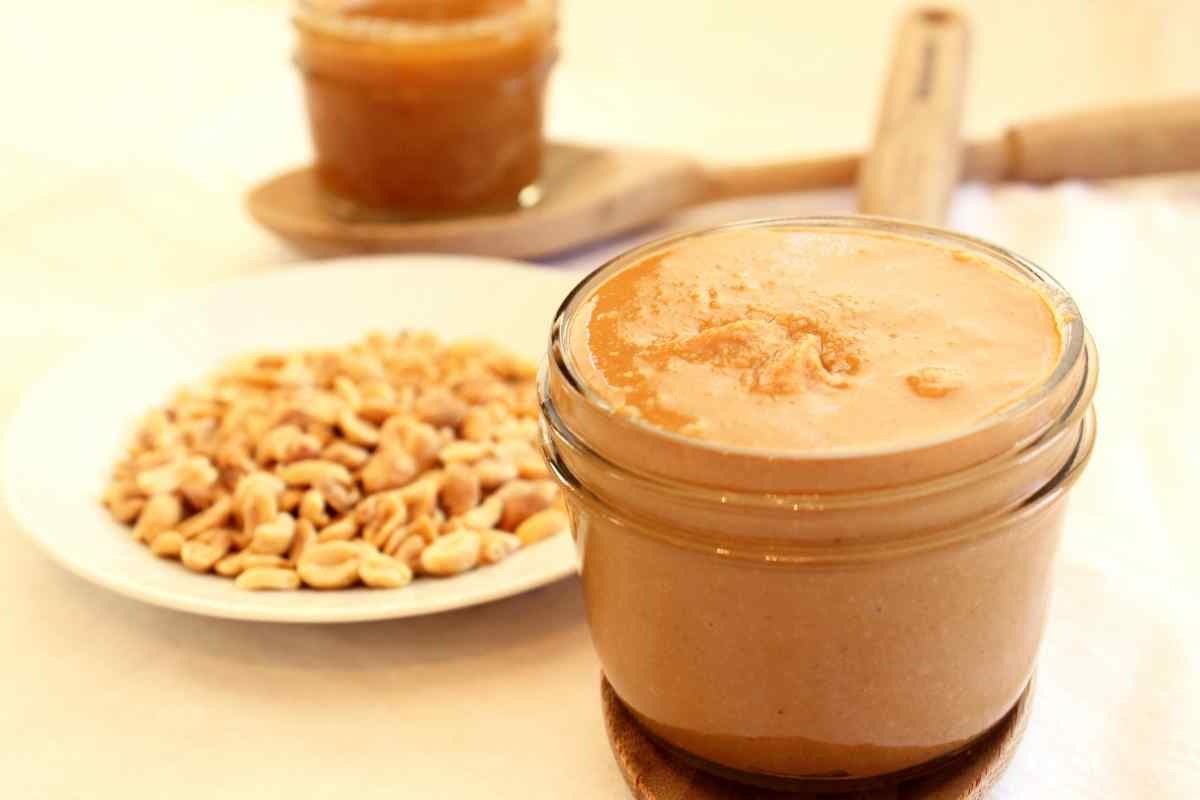Unveiling the History of Sugar-Free Peanut Butter

Sugar-free peanut butter, with its commitment to health-conscious consumers and dietary restrictions, has a captivating history that reflects the evolution of food preferences and nutritional awareness. From its early development as a niche product to its widespread availability in today's health-conscious market, the story of sugar-free peanut butter showcases the innovation and dedication of food manufacturers to meet the needs of diverse consumers.
Early Origins: The concept of sugar-free peanut butter emerged in response to a growing demand for low-sugar and diabetic-friendly food options. While traditional peanut butter recipes typically contain added sugars for sweetness, innovators began exploring alternative ingredients and formulations to create a sugar-free version of this beloved spread.
Development and Innovation: In the late 20th century, food scientists and manufacturers began experimenting with sugar substitutes and alternative sweeteners to replicate the taste and texture of traditional peanut butter without the added sugars. Through careful formulation and testing, they successfully developed sugar-free peanut butter recipes that appealed to health-conscious consumers.
Market Introduction: Sugar-free peanut butter was introduced to the market as a specialized product catering to individuals with dietary restrictions, such as diabetes or those following low-sugar diets. Brands recognized the potential of this niche market and began producing and marketing sugar-free peanut butter spreads to meet the demand for healthier alternatives.
Growing Consumer Demand: As awareness of the health risks associated with excessive sugar consumption grew, so did the demand for sugar-free peanut butter among health-conscious consumers. Athletes, fitness enthusiasts, and individuals seeking to manage their weight or blood sugar levels embraced sugar-free peanut butter as a nutritious and satisfying alternative.
Nutritional Benefits: Sugar-free peanut butter offers the same nutritional benefits as traditional peanut butter, including protein, healthy fats, fiber, and essential vitamins and minerals. By eliminating added sugars, sugar-free peanut butter provides a lower glycemic index and fewer calories, making it suitable for a variety of dietary preferences and restrictions.
Culinary Versatility: Sugar-free peanut butter can be used in a variety of culinary applications, from spreading on toast or fruit to incorporating into recipes for smoothies, sauces, and baked goods. Its rich, nutty flavor and creamy texture make it a versatile ingredient for both sweet and savory dishes.
Continued Innovation: As consumer preferences and dietary trends evolve, so too does the market for sugar-free peanut butter. Manufacturers continue to innovate by introducing new flavors, textures, and formulations to appeal to a broader audience of health-conscious consumers.
Conclusion: From its humble beginnings as a specialized product to its widespread availability in today's health-conscious market, sugar-free peanut butter has established itself as a nutritious and flavorful alternative to traditional spreads. Its rich history, nutritional benefits, and culinary versatility ensure that it will continue to be a staple in pantries and kitchens for years to come.
- Hits: 33